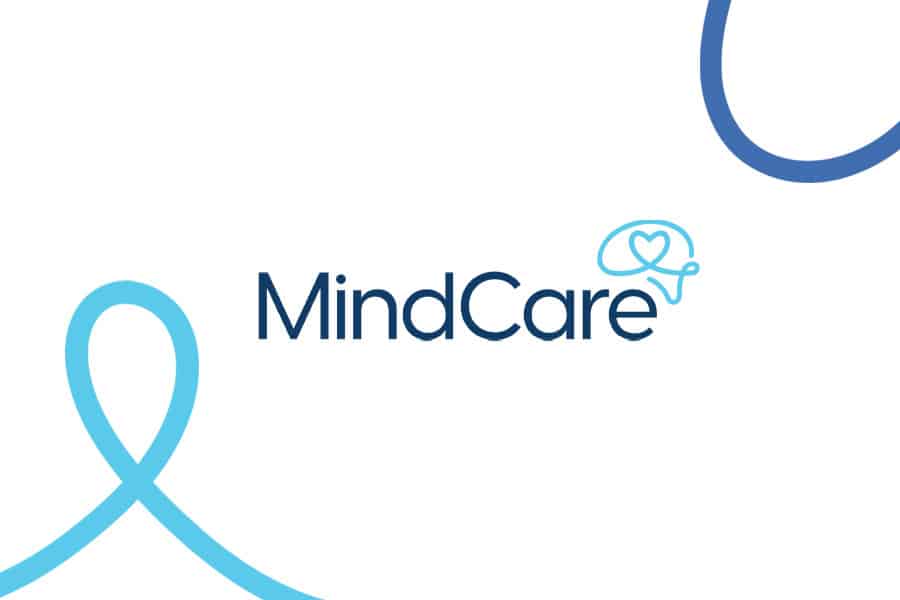What is EMDR therapy and how does it support trauma recovery?
Eye Movement Desensitisation and Reprocessing (EMDR) is an evidence-based therapy for treating trauma and emotional distress.
It helps individuals reprocess traumatic memories that remain “stuck” in the brain, causing current distress. EMDR is used for:
- PTSD
- Single-incident trauma
- Complex trauma
- Childhood abuse
- Phobias and anxiety disorders
EMDR shifts how memories are stored, allowing the brain to resolve trauma without detailed verbal recounting.
How does trauma affect the brain’s memory system?
Trauma disrupts how memories are processed and stored, keeping them emotionally active.
This can result in:
- Flashbacks
- Emotional triggers
- Physical anxiety responses
Example: A person attacked by a dog may feel fear every time they pass a similar location or hear barking, even years later. The brain treats it as a current threat.
What does EMDR do to resolve this memory disruption?
EMDR helps move the memory to a part of the brain where it no longer causes emotional distress.
It uses bilateral stimulation:
- Eye movements
- Tapping
- Auditory tones
These mirror REM sleep patterns, helping the brain reprocess the memory in a safer, less reactive way.
What emotional changes can EMDR bring?
EMDR reduces distress and reshapes negative beliefs associated with trauma.
For example:
- “I am powerless” becomes “I am in control”
- “I am broken” becomes “I am whole”
- “I am worthless” becomes “I am okay as I am”
This cognitive restructuring occurs naturally during the reprocessing, without needing repeated exposure or detailed storytelling.
What are the 8 phases of EMDR therapy?
EMDR follows a structured 8-phase model:
| Phase | Purpose |
| 1 | History taking and treatment planning |
| 2 | Preparation and building therapeutic trust |
| 3 | Memory targeting and baseline assessment |
| 4 | Desensitisation using bilateral stimulation |
| 5 | Installation of positive beliefs |
| 6 | Body scan for residual physical tension |
| 7 | Closure and emotional stabilisation |
| 8 | Reevaluation and tracking progress |
Each phase supports safety, pacing, and integration of emotional change.
Is EMDR suitable for children and adults?
Yes. EMDR is effective across all age groups and trauma types.
It is used with:
- Adults recovering from PTSD
- Children with developmental trauma
- Teens dealing with school-based stress or bullying
- Clients with grief, phobias, or medical trauma
EMDR adapts well to each client’s capacity and emotional readiness.
What makes EMDR different from talk therapy?
EMDR focuses on processing, not prolonged discussion.
Clients are not required to:
- Relive every detail of their trauma
- Complete homework tasks between sessions
- Verbalise their experience extensively
Instead, the brain does the processing during the session, supported by guided eye movements and brief prompts.
Why choose Mind Care for EMDR therapy?
Mind Care provides EMDR therapy in a safe, evidence-based and supportive clinical setting.
Our team:
- Includes EMDR-trained psychologists
- Uses trauma-informed care principles
- Offers therapy for children, teens, and adults
- Is NDIS-registered for funded support plans
Clients work through trauma at their own pace, with experienced guidance and emotional safety.
FAQs
What is EMDR therapy?
A trauma treatment using bilateral stimulation to reprocess distressing memories.
How does trauma affect memory?
It prevents proper storage, making the brain react as if the event is still happening.
What techniques are used in EMDR?
Eye movements, tapping, or sounds to stimulate both brain hemispheres.
Does EMDR work without talking in detail?
Yes. Clients can heal without fully verbalising their traumatic memories.
Is EMDR backed by research?
Yes. EMDR is endorsed by the WHO, APA, and NHS for trauma treatment.
Who can benefit from EMDR?
Children, teens, and adults with trauma, PTSD, or anxiety-related symptoms.
What makes EMDR different from CBT?
CBT focuses on thoughts and behaviours; EMDR targets memory and processing.
Does Mind Care offer EMDR?
Yes. Mind Care has experienced clinicians trained in EMDR therapy.
Ready to heal from trauma with professional support?
You don’t have to carry the weight of past trauma alone.
At Mind Care, our EMDR-trained therapists offer a safe and structured approach to help you reprocess traumatic memories and build emotional resilience.
Contact us today to explore how EMDR can support your mental health—so you can move forward without fear of the past holding you back.












